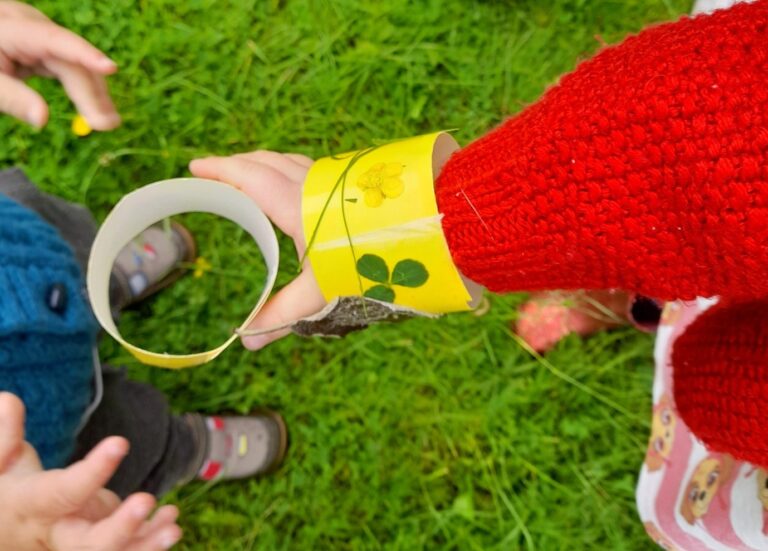This week is CF Week — which raises awareness of Cystic Fibrosis — a genetic illness that affects more than 10,400 people in the UK.
What is cystic fibrosis?
Cystic fibrosis (CF) is an illness that is inherited by the child from both parents.
The faulty gene affects the movement of salt and water around the body’s cells. Together with recurring infections this can cause a build-up of sticky mucus in the lungs and digestive systems, causing problems with breathing and the processing and absorption of nutrients, especially fats. People with cystic fibrosis, including babies, often find it hard to put on weight.
How likely or common is cystic fibrosis?
If both parents are carriers of the faulty gene that causes it then there is a 25% chance the child will be born with the illness, and a 50% possibility of the child being a carrier.
It is thought that one in 25 people in the UK is a carrier, and one in 2,500 babies is born with the condition. Cystic fibrosis cannot be caught or transmitted from another person who has it.
What are the symptoms of cystic fibrosis?
The symptoms of cystic fibrosis are usually apparent in early childhood but, in some cases, may not be diagnosed until adulthood.
Improved screening of new born babies means that, these days, diagnosis tends to happen much sooner rather than later.
Is there a cure for cystic fibrosis?
Although there is currently no cure for cystic fibrosis there are a number of treatments which can help to control some of the symptoms.
These include the use of medication to treat and prevent lung problems.
New treatments are being developed all the time which are drastically improving the ability of children and adults to manage the illness.
Regular blood and lung function tests, and chest x-rays help doctors to monitor the illness and prescribe the appropriate medication if needed. A specific diet is usually also prescribed.
Being the parent of a child with cystic fibrosis can be challenging and worrying, but there may be local support groups in your area, so you should not feel alone.
The Cystic Fibrosis Trust, or your GP surgery or hospital, will have more information on this. The charity also has dedicated pages of advice and guidance for early years settings and schools to help teachers understand your child’s condition.
For more information visit:
www.nhs.uk/conditions/cystic-fibrosis
Written by Dorothy Lepowska-Hudson for the Early Years Alliance
This article is for information purposes only and should not be used as a substitute for professional medical help. If you or your child is unwell you should consult a medical professional.











